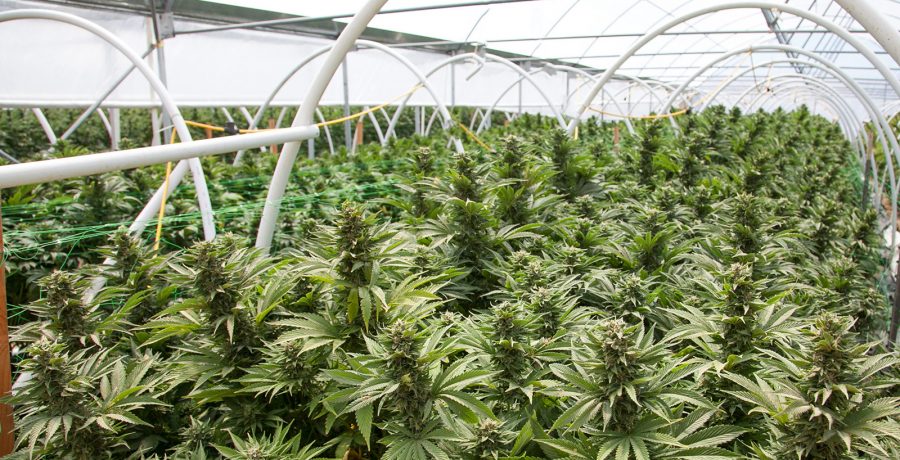We have received many questions about what potential licensees can do to try gain an edge in the application process. One area in which license applicants can set themselves apart under the New York Marijuana Regulation and Taxation Act (the “Act”) is to demonstrate their “ability to increase climate resiliency and minimize or eliminate adverse environmental impacts, including but not limited to water usage, energy usage, carbon emissions, waste, pollutants, harmful chemicals and single use plastics.” The Act incentivizes cannabis-related enterprises (“CRE”) to incorporate sustainable energy solutions into their operations in effort to secure licenses under the Act.
New York State has set multiple sustainability goals that it must meet in the coming years to comply with The Climate Leadership and Community Protection Act. Additionally, it is well documented in other states that the cannabis industry consumes significant amounts of energy – as much as 4% of an entire state’s energy consumption – which, in some cases, has led to large-scale blackouts. As a result, New York seeks to ensure potential licensees maintain environmentally sustainable operations by providing the Cannabis Control Board (the “Board”) with the power to “promulgate necessary rules and regulations governing the safe production of cannabis, including environmental and energy standards and restrictions on the use of pesticides and best practices for water and energy conservation.”
It is clear from the Act that applicants will increase their chances to secure a license by demonstrating environmentally friendly operational techniques in their applications. Notably, the Act specifically requires the Board to consider “the environmental and energy impact, including compliance with energy standards, of the facility to be licensed” for adult-use cultivator and processor licenses.
There are many creative solutions to establish that the CRE’s proposed operation minimizes its carbon footprint and satisfies the Board’s directive that the emerging industry be environmentally friendly, such as incorporating renewable energy power sources or recycling of resources in its operations. Ultimately, we recommend that applicants strongly consider and incorporate sustainable practices in their applications if they are going to set themselves apart and ultimately be successful in securing a license.
The Wagoner Firm PLLC, offers life cycle services to our cannabis clients through our experienced counsel and invaluable stakeholder connections. We represent savvy business clients from start-ups to industry titans on a host of issues and actively engage with partners in government affairs, public relations, marketing and business planning to ensure the very best results.
Please contact us if you have any questions about pursuing a license under the Act.
